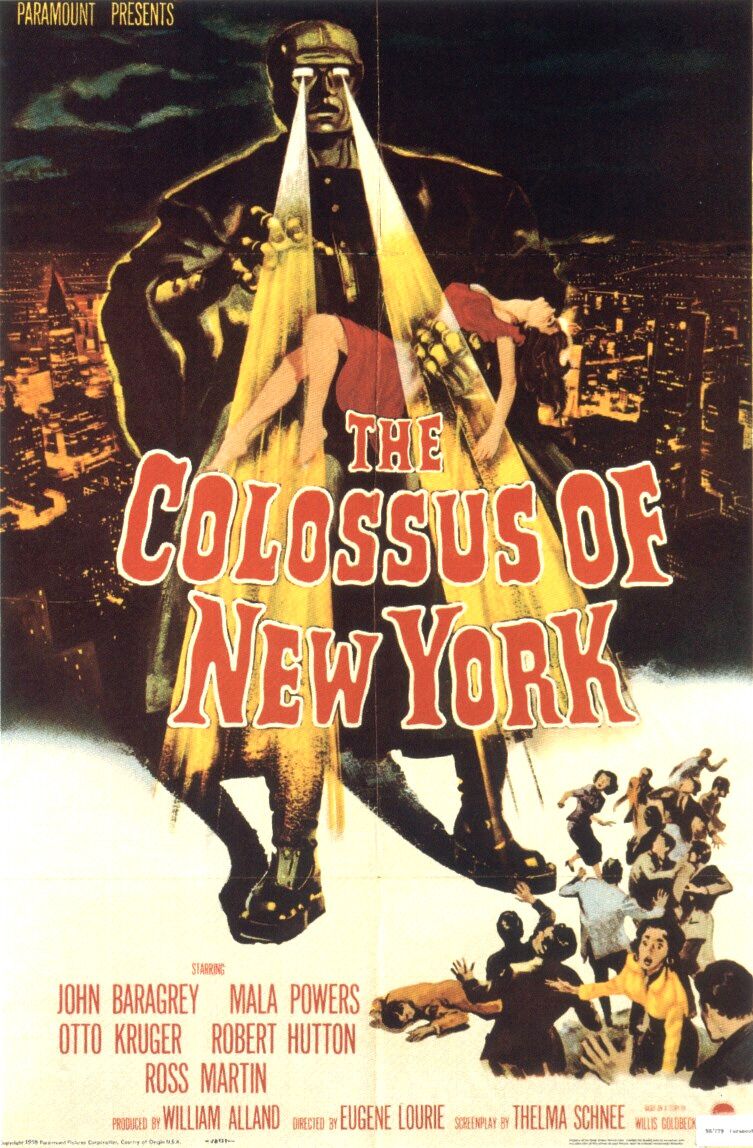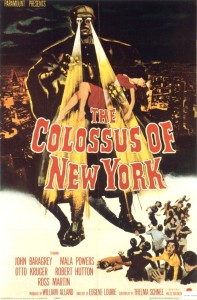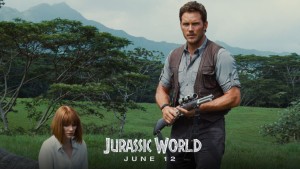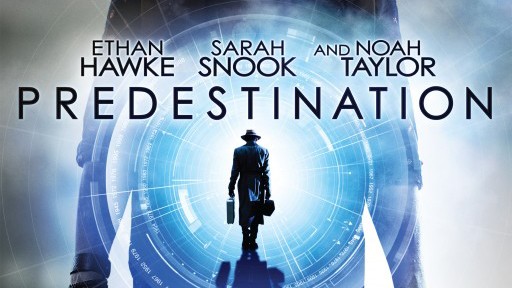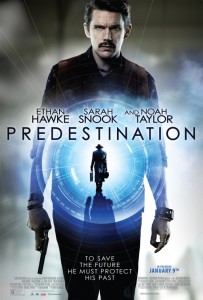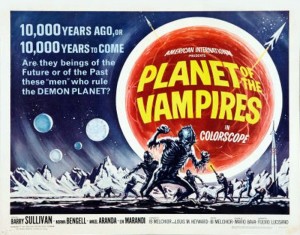 I continued my horror film watching this week with 1965’s Planet of The Vampires. This film is based on an Italian SF short story ‘A Night of 21 Hours,’ but sadly I have never found a translation of that piece. This movie was an international production with American, Italian, and Portuguese actors. I have read that each actor delivered their lines in their native tongue. The dubbing is so-so and the script suffered from heavy exposition and discordant elements, particularly in the final ending scenes of the film.
I continued my horror film watching this week with 1965’s Planet of The Vampires. This film is based on an Italian SF short story ‘A Night of 21 Hours,’ but sadly I have never found a translation of that piece. This movie was an international production with American, Italian, and Portuguese actors. I have read that each actor delivered their lines in their native tongue. The dubbing is so-so and the script suffered from heavy exposition and discordant elements, particularly in the final ending scenes of the film.
That said what make this film something I have watched several times if the lovely look created by Italian master Mario Bava. Even hampered by a tiny budget, Bava pulls off a film that that is colorful, stylish, and with impressive in-camera effects.
It is also a subject of vast speculation that this movie heavily influenced Ridley Scott when he directed Alien. From the massive alien skeletons, the landing sequence, the shape of the ships, and the atmospheric tone of the alien world, a great number of stylistic similarities exist between the two movies. (both this movie and It! The Terror From Beyond Space seem like the direct parents to Alien.)
The plot of Planet of The Vampires is rather straight forward. Two starships have arrived at an alien world investigating mysterious signals that may mean intelligent life. Landing on the planet goes badly and the crews find themselves facing threat not to just to their own lives but their homes as well.
Not a great movie but for an genre cinema a must see.

